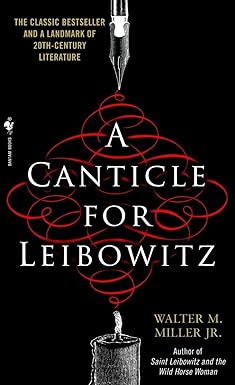Q: What's the difference between the U.S. strike, which killed innocent Afghans in 2021, and Israel's strike that killed aid workers this week — when both were in the middle of conflict?
— RNC Research (@RNCResearch) April 5, 2024
JOHN KIRBY: "These are two different events!"pic.twitter.com/YBLwO762lc
Sorry for getting all Einsteinian on you there.
Our weekly phoniness feature:
| Candidate | EBO Win Probability |
Change Since 3/31 |
Phony Hit Count |
Change Since 3/31 |
|---|---|---|---|---|
| Joe Biden | 44.5% | +2.6% | 407,000 | -27,000 |
| Donald Trump | 44.5% | -0.7% | 1,900,000 | -570,000 |
| Robert Kennedy Jr | 3.5% | +0.7% | 42,200 | -600 |
| Michelle Obama | 2.2% | -0.4% | 264,000 | -16,000 |
| Kamala Harris | 2.1% | -0.1% | 120,000 | 0 |
| Other | 3.2% | -2.1% | --- | --- |
That's right: as I type, the EBO folks calculate that the bettors they sample consider the race to be a coin-flip between Bone Spurs and Wheezy.
Don't want to say I told you so. But I told you so.
Also of note:
-
It's a joke. Isn't it?
Reason's Eric Boehm has the story: Meet 'Literally Anybody Else,' the Presidential Candidate That 2024 Demands.
Like most Americans, Dustin Ebey is unhappy with the prospect of an electoral rematch between President Joe Biden and former President Donald Trump.
Unlike most of us, however, he's decided to do something about it.
The 35-year-old Texan became a viral sensation this week after legally changing his name to Literally Anybody Else and declaring his candidacy for the White House. The goal, he told Reason on Thursday, is "giving a unified voice to the idea that we deserve better."
His website needs some work, I notice. But he's a real possibility for me.
-
Appropriately. Matt Welch looks at another failed effort to at least look sane: No Labels Abandons 2024 Presidential Campaign Effort.
After years of heavy-breathing hints about giving polarization-fatigued Americans a bipartisan presidential choice, and months of painstakingly obtaining ballot access in nearly two dozen states, the 14-year-old centrist nonprofit No Labels has decided to not act like a political party after all.
"Americans remain more open to an independent presidential run and hungrier for unifying national leadership than ever before," founding CEO Nancy Jacobson said in a press release Thursday afternoon. "But No Labels has always said we would only offer our ballot line to a ticket if we could identify candidates with a credible path to winning the White House. No such candidates emerged, so the responsible course of action is for us to stand down."
I assume when they looked at the polling, they didn't think they could compete against Literally Anybody Else.
-
If only more MSM outlets were (eventually) this honest. Now it can be told: Sage Steele did a phony interview with President Dotard.
What do you call an interview where the interviewer cannot ask spontaneous follow-up questions?
Not an “interview,” that’s for sure.
But that’s apparently what we got in 2021 when former ESPN host Sage Steele “interviewed” President Biden, according to none other than Steele herself.
“That was an interesting experience in its own right because it was so structured,” she said recently in an interview with Fox News Digital. “And I was told, ‘You will say every word that we write out, you will not deviate from the script and go.’”
ESPN? I assume they were softball questions. (Heh.)
| Recently on the book blog: |


![[The Blogger and His Dog]](/ps/images/me_with_barney.jpg)



